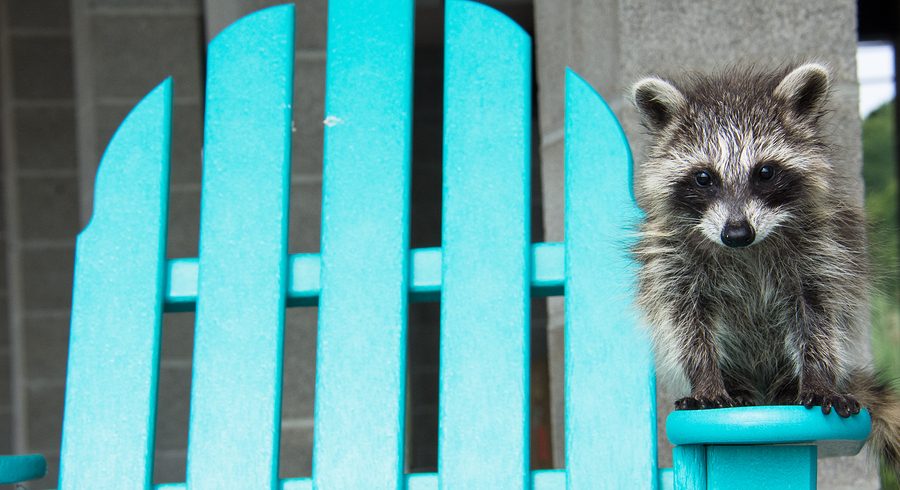When you hear the term, “wild raccoons”, you imagine a raccoon in nature, going about their business within their colony. But the truth is, raccoons are not really that wild anymore. In fact, it is less likely to spot a raccoon in the great wide open than in your local community. Nowadays, raccoons are more urban than wild, and there are many reasons why.
Continue reading to learn what has caused the transition of raccoons from wild to urban, and how to protect yourself and your property from nuisance raccoon interference.

A Fair Warning
Just because raccoons are found more in our local cities and neighborhoods, they are still technically wild animals, and behave as such. For this reason, always avoid raccoon encounters at all costs, and never, under any circumstances, attempt to touch, trap, harm, or kill a raccoon. See our blog, “Can I Hunt Wild Raccoons in Kentucky?” to learn state laws surrounding raccoon tampering.
Raccoon Habitats
Raccoons are generally known to make their homes in hollowed trees, large rock crevices, and similar hidden locations. However, raccoons are more commonly making their homes inside our homes. Common nesting areas in residential and commercial settings include attics, crawl spaces, beneath porches and decks, sheds, barns, tree houses, and much more.
Raccoons are found more in urban settings than in natural settings because they are a very wise species. They are intelligent and have excellent memory capabilities, but they are also incredibly motivated to find food and shelter. With these attributes combined, raccoons know where the best sources for their priorities can be found; and they can all be found in our communities. Raccoons raid dumpsters, trashcans, gardens, garages, bird baths, koi ponds, and more, for anything to eat. They also use their human-like paws to pry open doors and windows, rip off siding and roof shingles, and more, all to access the areas they want.
Another umbrella reason why raccoons are found more in our areas than in nature is due to land over-development. The more we develop land into residential and commercial complexes, the less space and natural habitats raccoons and other nuisance wildlife have to establish and maintain homes for themselves. As a result, wildlife moves in with us.
Non-Lethal, Humane Raccoon Control in Kentucky
Call 502-553-7622 for safe, non-lethal Louisville raccoon control in Louisville, Kentucky and its surrounding counties. Our DNR licensed and insured raccoon rescue contractors offer a wide range of services for residential and commercial properties, including raccoon removal, control, prevention, proofing, cleanup, attic restorations, and more. Call 502-553-7622 to request a free estimate or information about Louisville raccoon control, today.

